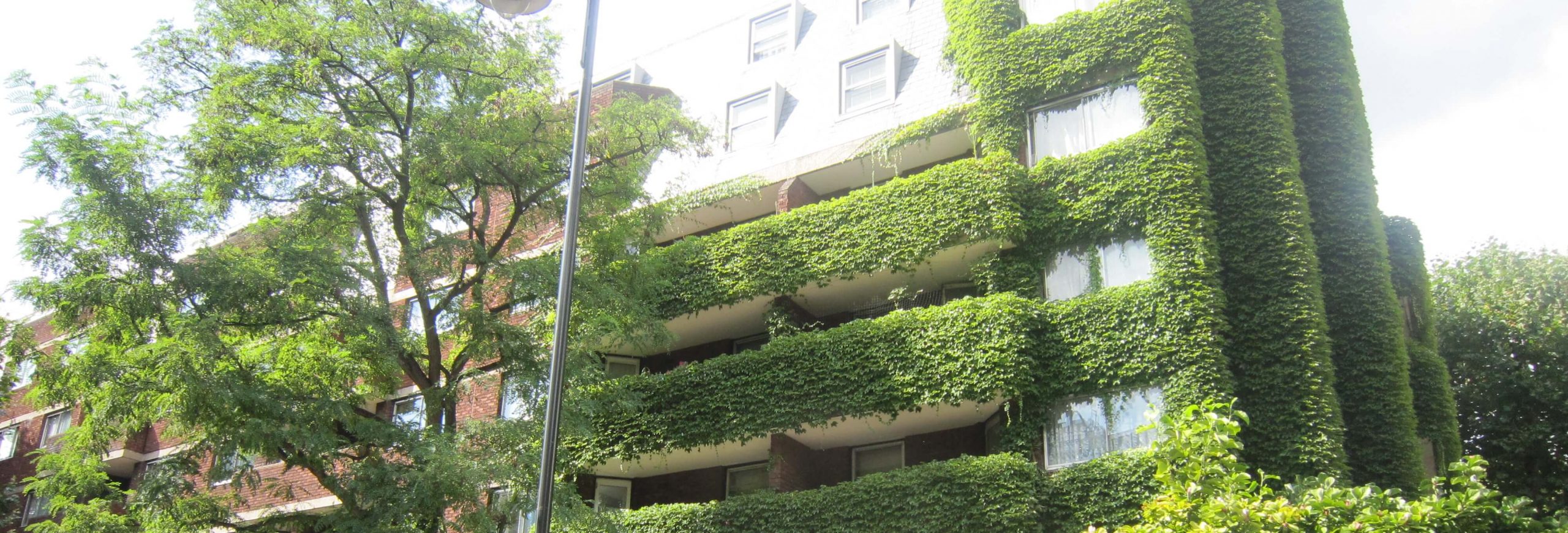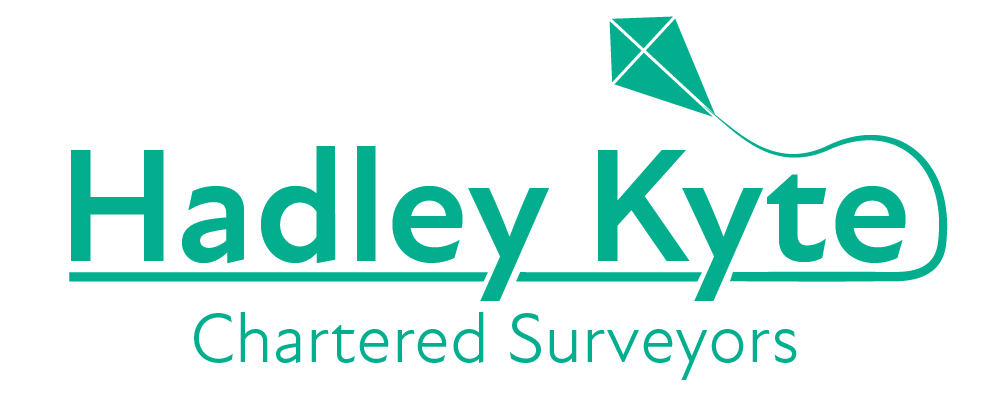
If you own a flat, you might be surprised to know that you effectively rent it for a certain amount of time – you own the right to live there for that length of time, but do not own the property itself.
Extend Your Lease
Extending a shorter Lease to a decent length can add thousands to your property’s Market Value and, generally, the shorter the Lease, the higher the asking price by the Freeholders, because in a short space of time, they would be expecting to recover the property back. Extending your Lease is critical.
If your Lease has less than 80 years, three things happen:
- The cost of Extending the Lease starts to increase and, therefore, it is always best to try to Extend your Lease before it hits 80 years unexpired.
- At less than 80 years unexpired, your home effectively reduces in Value, and even in cases where a re-mortgage is possible, the equity you have in your home will have reduced.
- In some cases, particularly where Leases are shorter than 70 years, it can be difficult to sell, as any buyer will be faced with a difficulty of obtaining a mortgage against the Value of the property, which is diminishing in line with the shortening length of Lease.
Best Time to Extend
If your Lease has greater than 80 years and less than 100 years unexpired then this is the time you should be looking to Extend your Lease at minimum cost to you – why wait until the Lease falls below the 80 years mark when the cost of the Lease Extension starts to escalate?
How Much Will It Cost To Extend My Lease?
The price is dependent on the flat’s Value, the Lease Length and the amount of Ground Rent payable. Legislation known as The Leasehold Reform, Housing and Urban Development Act 1993 (Amended 2002) gave the right for virtually all Leaseholders to Extend their Lease by making a formal Application, and whilst a Leaseholder does have to qualify, in most cases they do, although this is something that we normally look at quite carefully before the process is started.
Added Value
Most Leaseholders pay for Lease Extensions by extending their mortgage, which we believe, in most cases, makes good commercial sense.
Valuation Advice
As part of the process of evaluating the cost of a Lease Extension, we calculate the costs involved after making an inspection of your property and considering the terms of your Lease. We act in conjunction with specialist Solicitors, well versed in this area of specialist Law and we liaise to ensure compliance with time limits. If required, the Solicitor will also submit an Application to the First Tier Property Tribunal.
The Statutory Lease Extension Process
The Statutory process is kickstarted by the Serving of a Section 42 Notice which serves at least three important functions:
i. It fixes the date of Valuation.
ii. It freezes the length of the Lease for the purpose of assessing the Premium.
iii. It forces the Freeholder to comply with the Statutory timetable. For example, the Freeholder has to respond with a counter-offer contained in a Section 45 Notice within approximately two months.
The negotiation process to Extend a Lease will then be started and we will use our expertise to achieve the best possible settlement. We are well versed with current Case Law and upon request, can provide you with testimonials from both Leaseholders and Freeholders who will reference our previous work and successful outcomes.
Change in the Law
We are frequently being asked: ‘Isn’t the Law about to change whereby Leaseholds will be converted into something more akin to a condominium, whereby there is no diminution in the Value of your property over time?’
Our answer is that we believe that the Leasehold system will eventually change, but that does not mean that Freeholders will not be compensated for any conversion from the Leasehold system and, therefore, it seems to us to be that it still makes good commercial sense to Extend Leases to protect against a diminution over time, as the new system is bound to involve compensating the Freeholder, and by postponing an Application, the Freeholder will benefit further.
Freehold Enfranchisement
There are a number of qualifying requirements in order for Leaseholders to purchase the Freehold, known as ‘Freehold Enfranchisement’ or ‘Collective Enfranchisement’. The qualifying requirements are that:
i. In order to participate in a Freehold Enfranchisement, the Leases must originally have been over 21 years in length and at least two thirds of the flats must be qualifying Leaseholders.
ii. Less than 25% of the premises must be commercial space.
iii. The premises must be a self-contained building or a self-contained part of a building.
Further Help and Advice
The Leasehold Advisory Service has a wealth of free advice on Leasehold Law, including Extending your Lease, Buying the Freehold and the Right to Manage your own block, but for more particular advice on your own situation, we would be more than happy to speak with you and provide you with a fee quote. Call us on: 020 8954 9191.

